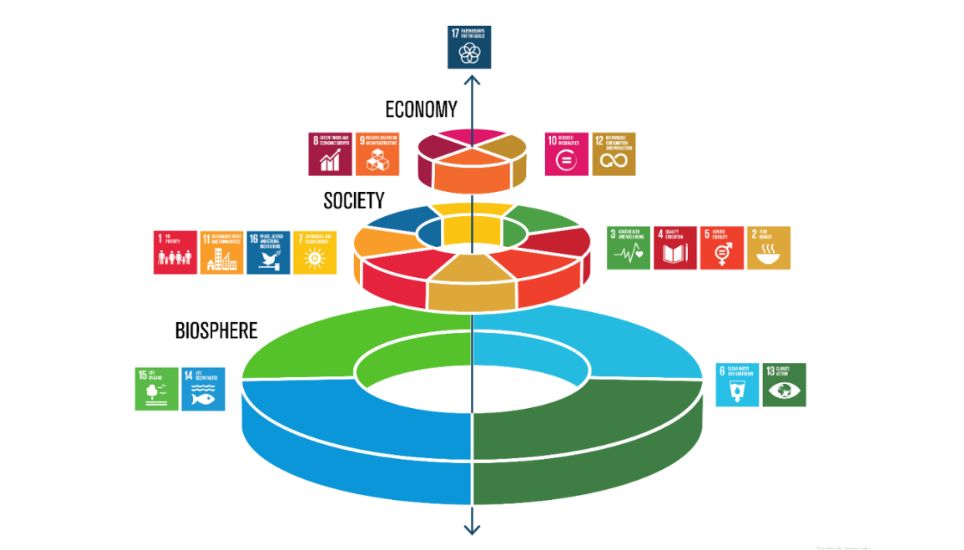
Bangladesh, a country often grappling with socio-economic challenges, has demonstrated remarkable resilience and determination in its pursuit of development. From reducing poverty to improving healthcare and education, the nation has made significant strides. However, to sustain and accelerate this progress, strategic policy interventions in the development sector are imperative. As Bangladesh aims for inclusive growth and sustainable development, it must prioritise targeted interventions to address key challenges and harness opportunities effectively.
One of the foremost areas demanding attention is education. Despite commendable progress in enhancing access to education, quality remains a concern. Policymakers must focus on not only increasing enrolment rates but also ensuring that students receive quality education that equips them with the necessary skills for the modern workforce. Investing in teacher training programs, updating curriculum to align with market demands, and promoting technological integration in education are crucial steps.

Moreover, Bangladesh's healthcare system requires substantial improvement to meet the evolving needs of its population. While strides have been made in reducing maternal and child mortality rates, challenges such as inadequate infrastructure, limited access to healthcare in rural areas, and the prevalence of communicable diseases persist. Policy interventions should prioritise investments in healthcare infrastructure, training healthcare professionals, and implementing preventive healthcare measures to ensure universal access to quality healthcare services.
Sustainable economic development hinges upon fostering entrepreneurship and innovation. Bangladesh has immense potential in sectors like agriculture, technology, and renewable energy. By creating an enabling environment for entrepreneurship through streamlined regulatory frameworks, access to finance, and support for research and development, the country can unlock new opportunities for economic growth and job creation.
Addressing environmental sustainability is another critical aspect of Bangladesh's development agenda. The nation is vulnerable to the adverse impacts of climate change, including rising sea levels, extreme weather events, and agricultural disruptions. Policy interventions must focus on mitigating these risks through sustainable land use practices, promoting renewable energy adoption, and enhancing resilience in infrastructure and communities.
Inclusive development requires addressing social disparities and ensuring the empowerment of marginalised communities, including women and ethnic minorities. Gender equality initiatives, such as promoting women's participation in the workforce and providing access to education and healthcare, which are essential for fostering inclusive growth. Similarly, efforts to protect the rights and promote the socio-economic inclusion of ethnic minorities are integral to building a cohesive and equitable society.
Furthermore, digitalisation presents a transformative opportunity for Bangladesh's development trajectory. Embracing digital technologies can enhance efficiency, transparency, and access to services across various sectors, including governance, healthcare, education, and finance. Policy interventions should prioritise expanding digital infrastructure, promoting digital literacy, and fostering innovation in digital solutions tailored to the needs of the Bangladeshi population.
Collaboration between the government, civil society, and the private sector is indispensable in driving sustainable development. Public-private partnerships can mobilise resources, expertise, and innovation to address complex development challenges effectively. Moreover, engaging local communities in the development process fosters ownership, sustainability, and inclusivity.
Bangladesh stands at a crucial juncture in its development journey, with immense opportunities and challenges lying ahead. Strategic policy interventions are indispensable in catalysing sustainable development across various sectors, including education, healthcare, entrepreneurship, environmental sustainability, social inclusion, digitalisation, and governance. By prioritising inclusive and innovative approaches, Bangladesh can overcome existing hurdles and unlock its full potential for a prosperous future. As the nation charts its path forward, concerted efforts and visionary leadership are paramount to realising the aspirations of its people and achieving sustainable development goals.
The author is a Development Practitioner and Communication Professional.